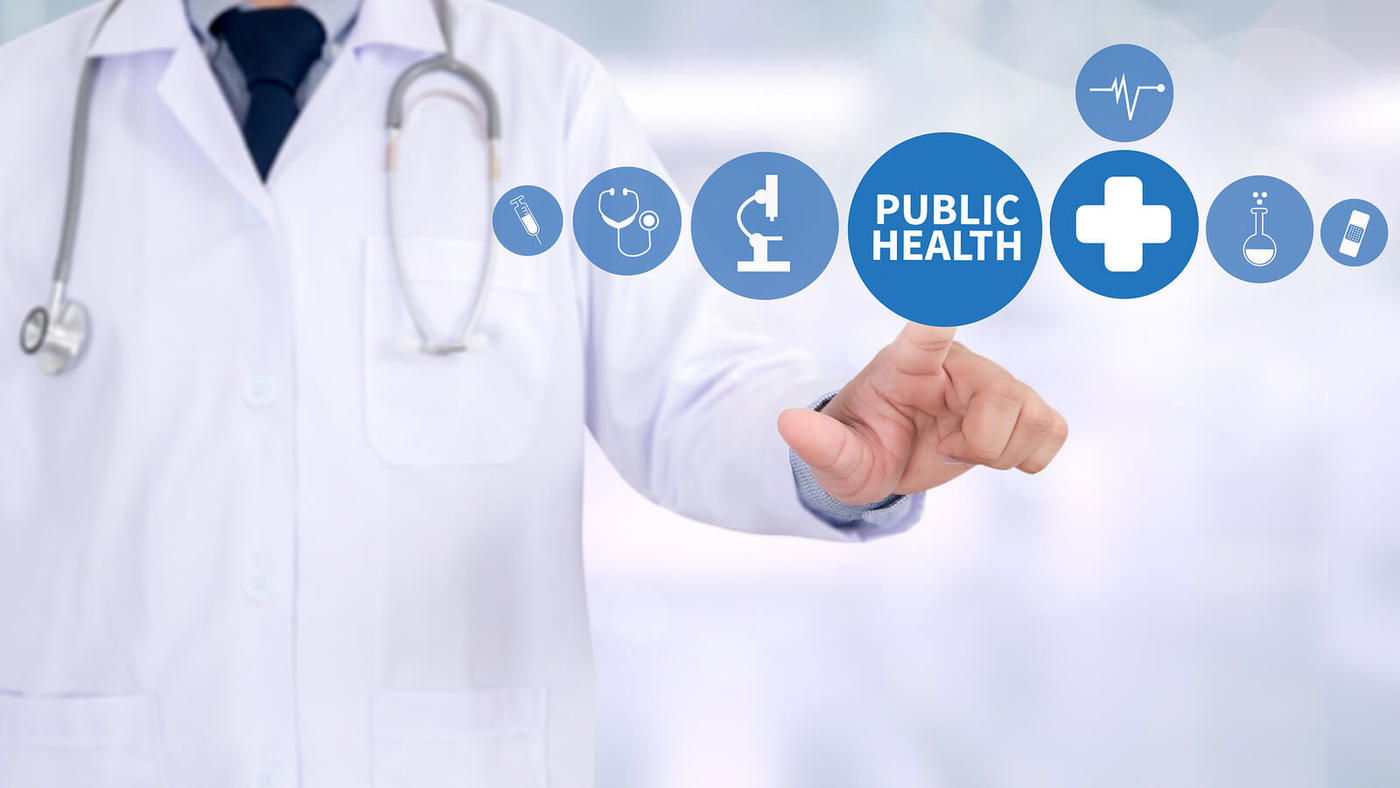Curriculum
Degree Completion Requirements
- 181 quarter credits (1 semester credit equals 1.5 quarter credits)
- General education courses (46 cr.)*
- Core courses (80 cr.)
- Concentration (25 cr.)
- Elective courses (25 cr.)
- Capstone course (5 cr.)
Students may be eligible to transfer up to 135 credits*. At least 45 credits must be completed at Walden.
*Please note: Students that reside in Virginia may be eligible to transfer up to 125 credits. At least 55 credits must be completed at Walden.
View the COMPLETE CURRICULUM PLAN.
This sequence represents the minimum time to completion. Time to completion will vary by student, depending on individual progress and credits transferred, if applicable. For a personalized estimate of the number of your transfer credits that Walden would accept, call an Enrollment Specialist at 855-646-5286.
Admission Requirements
Admission is considered for adult students who hold a high school diploma or its equivalent. Applicants must also meet one of the following criteria:
- You are 21 years of age or older.
- You are less than 21 years of age with at least 12 quarter credits.
- You are an active member of the military or a veteran with documentation of service.
More information for international applicants.
| Curriculum Component | Requirements | Cost | Amount |
|---|---|---|---|
| Tuition | 181 quarter credit hours | $340 per quarter hour | $61,540 |
| Program Fee | Per quarter | $175 | $2,800 |
| $64,340** | |||
| BELIEVE & ACHIEVE SCHOLARSHIP YOUR TUITION | -$18,340 $46,000* | ||
*Represents course-based learning format, minimum time to completion, no transfer of credit, and Believe & Achieve Scholarship. Your actual total program time and costs may vary. Believe & Achieve Scholarship savings based on current tuition. See Scholarship Details for more information.
**Tuition reflects the minimum time to completion. Time to completion varies by student, depending on individual progress and credits transferred, if applicable. Tuition and time to complete may be reduced if transfer credits are accepted, or if you receive grants, scholarships or other tuition reductions. Walden may accept up to 135 transfer credits. For a personalized estimate of the number of your transfer credits that Walden would accept, call an Enrollment Specialist at 844-768-0109.
Tuition and fees are subject to change. Books and materials are not included and may cost up to an additional $5,000.
Click here for required general education courses by program.











